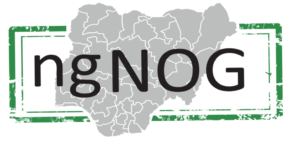2025 ngNOG Training for Edo State Government.
The Nigerian Network Operators Group (ngNOG) recently conducted a hands-on training session on Linux system administration for Edo State Government IT personnel. This interactive workshop blended practical experience with theoretical insights, ensuring that participants gained a well-round...
